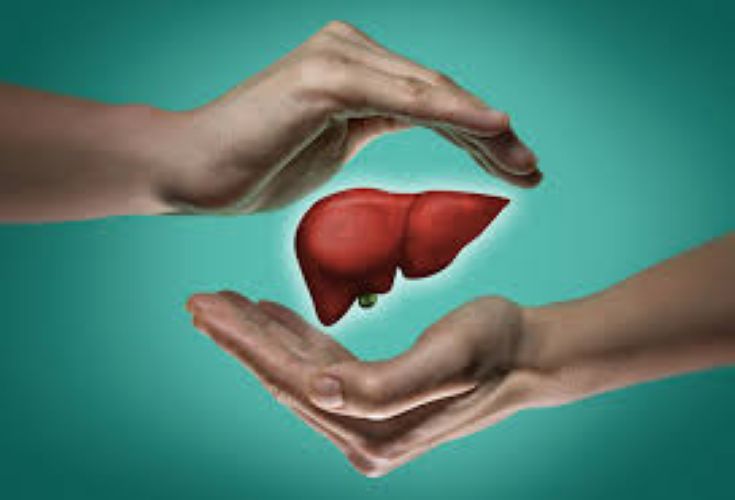THE FUTURE OF LIVE CARE IS HERE

Dr Mathew Jacob
From fatty liver and cirrhosis to liver cancer and genetic disorders, liver diseases have cast a long and heavy shadow across millions of lives worldwide. Until recently, treatment options were limited and often invasive. But thanks to significant breakthroughs in diagnostics and therapeutics, the field of hepatology is undergoing a transformation, offering renewed hope to patients and changing how we understand and treat liver disorders.
Early Detection and Non-Invasive Diagnostics
Traditionally, liver biopsies were the primary method to assess liver damage-but they come with risks and discomfort. Today, non-invasive diagnostics have taken center stage. Techniques like FibroScan, which measures liver stiffness using transient elastography, provide immediate and painless assessment of liver fibrosis and fat buildup.
In parallel, advanced MRI techniques like MR elastography and proton density fat fraction imaging offer detailed insights into liver tissue, making early detection more accurate. Blood-based biomarkers such as the ELF test and FibroTest are now routinely used to estimate liver fibrosis-reducing reliance on biopsies and allowing for more frequent monitoring.
Targeted Therapies for Viral Hepatitis
Hepatitis C, once considered a chronic and devastating diagnosis, is now curable in over 95% of cases thanks to powerful direct-acting antivirals (DAAs), boasting cure rates of over 95% with fewer side effects and shorter regimens.
For Hepatitis B (HBV), though a complete cure remains out of reach, promising new drugs such as entry inhibitors and RNA interference therapies are being developed. These aim to suppress the virus and reprogram the immune system for better control.
Immunotherapy for Liver Cancer
Hepatocellular carcinoma (HCC), a deadly liver cancer, once had very few treatment options. Now, immunotherapies are showing significant potential in treating them.
Even more powerful are combination therapies that blend immunotherapy with targeted drugs such as tyrosine kinase inhibitors. These combinations are improving survival rates and enhancing the quality of life for patients with advanced cancer.
Fatty liver disease, driven largely by lifestyle and metabolic dysfunction, is also seeing a wave of research-driven treatment options. Drugs targeting inflammation, fibrosis, and metabolic pathways are showing considerable promise in clinical trials. Meanwhile, exploring the gut-liver connection has led researchers to consider probiotics and even fecal transplants as innovative treatment avenues.
Furthermore regenerative medicine and stem cell therapies offer the potential to heal damaged liver tissue and delay the need for transplantation. Alongside these biological advances, technologies like machine perfusion are extending the viability of donor organs, and better surgical techniques are making liver transplants safer and more successful.
Perhaps the most futuristic and fast-approaching advance is the role of artificial intelligence in hepatology. Machine learning (ML) and deep learning (DL) are transforming diagnostics by analyzing imaging and lab data with unprecedented accuracy. Tools like the Radiomics Fibrosis Index (RFI) are outperforming traditional tests in detecting fibrosis. AI also helps plan transplants, predict post-operative outcomes, and even differentiate between types of liver tumors.
From highly targeted drugs and non-invasive tests to AI-driven diagnostics and gene therapy, liver disease care has never looked more promising.
With continuous advancements, the future of liver care is not just promising-it’s already here.
Dr. Mathew Jacob is Senior Consultant – Hepato Pancreato Biliary &
Abdominal Multi Organ Transplant at Aster Medcity, Kochi

